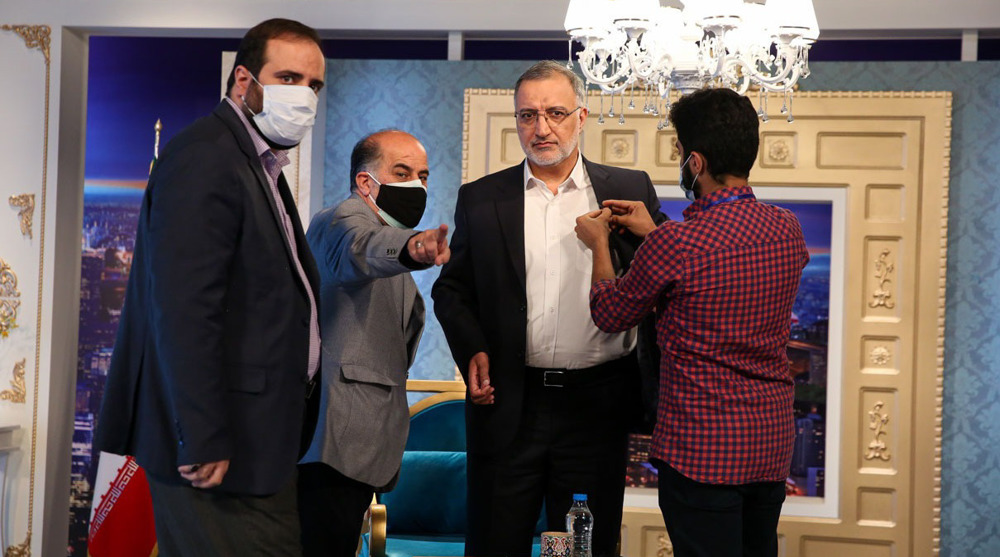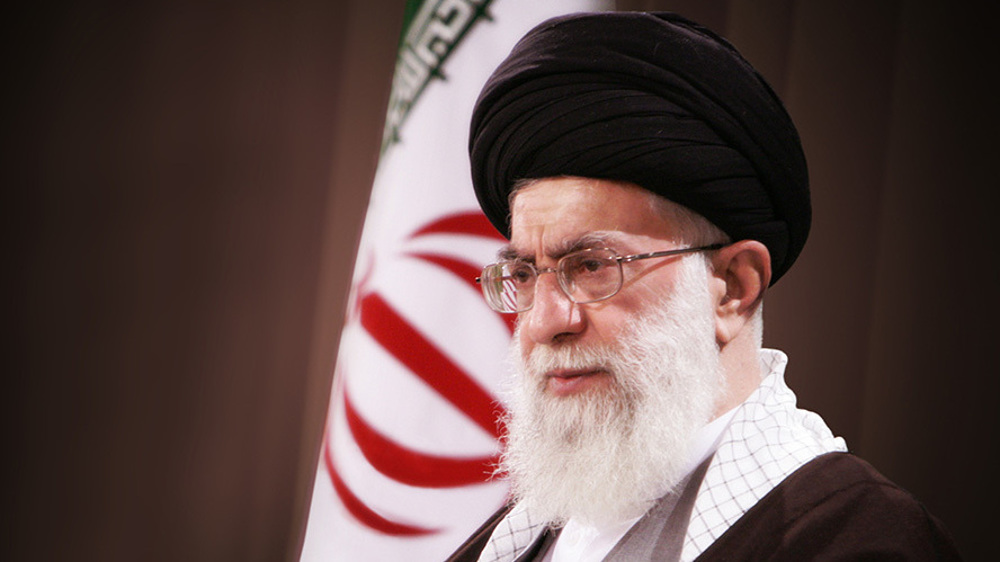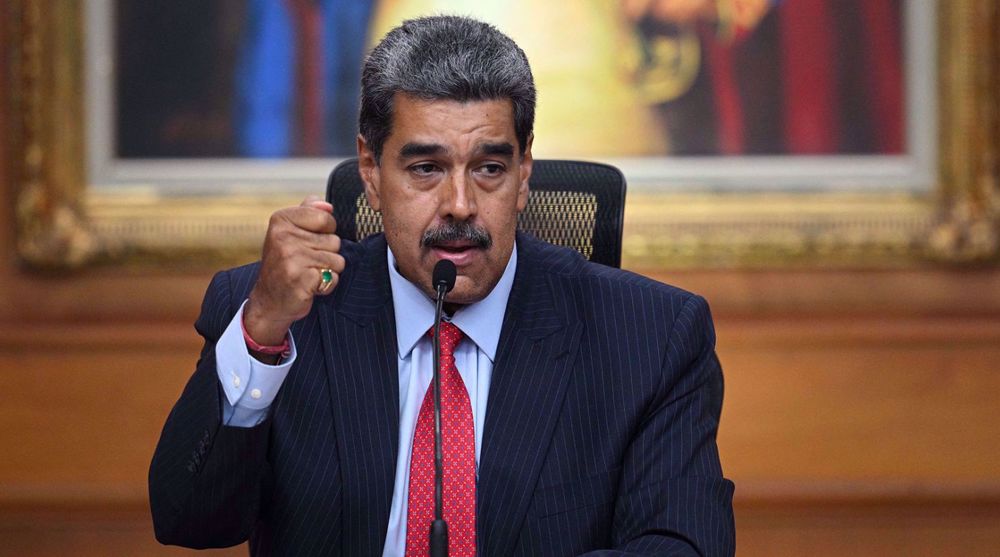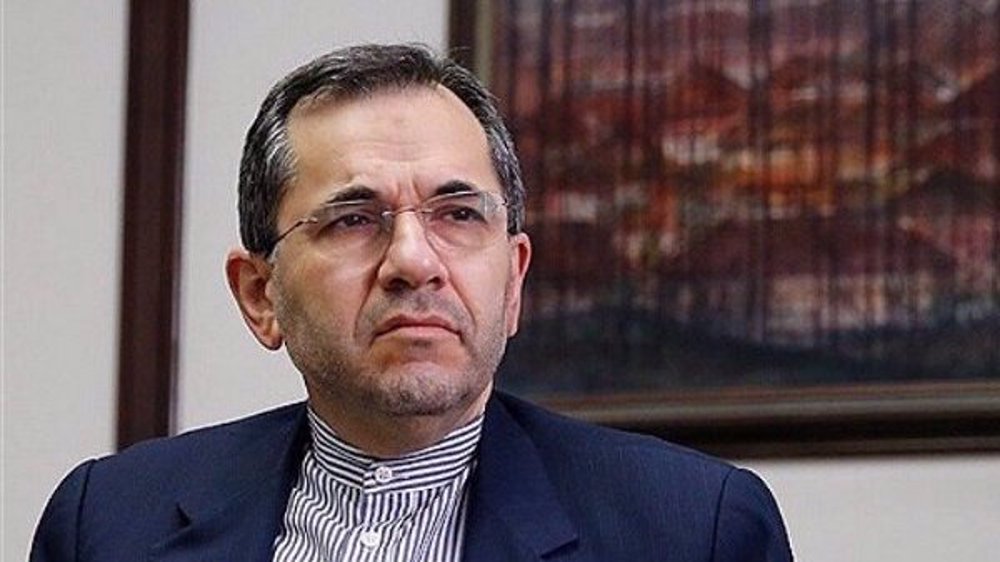Presidential candidates take on each other, ushering in a more heated stage of campaigning
The candidates in Iran’s 2021 presidential election have started to move from a campaigning stage of merely laying out their own plans for the future to one of directly taking on one another.
The more frequent face-offs usher in a newer, more heated phase of campaigning in which potentially sharp-worded exchanges — even if online — are likely to captivate voters and win over swing votes.
During a campaign event on Wednesday (June 2), Alireza Zakani, a Principlist and a relentless critic of the President Hassan Rouhani administration, attacked Nasser Hemmati, who was the governor of the Central Bank of Iran (CBI) until recently, blaming him for “a massive part of our economic problems” and challenging him to a debate “anywhere he wants.”
Mohsen Rezaei, another Principlist candidate, in a tweet on Wednesday derided fellow-Principlist candidate Ebrahim Raeisi’s plan to build one million housing units every year, without naming him. “The construction of one million housing units annually is no special idea that a candidate can present as his own. It is [stipulated by] law passed by the honorable Majlis (Parliament), and all administrations are obligated to implement that law,” he said.

Raeisi in turn criticized those who “want to go around throwing wisecracks” at others, although there was no clear indication that he was replying to Rezaei. “The country’s problems cannot be resolved that way. The current situation (of the country) has been created by those who threw wisecracks,” Raeisi said.
And Hemmati, who is associated with Reformists, implicitly attacked Principlist candidate Sa’eed Jalili for his perceived mindset and governance style. “Some think that living a simple life equals driving the simplest car [available in the market.] These people ruin the entire country with their decisions,” he said. Jalili had said earlier on state TV that he owned a Kia Pride, a relatively low-budget vehicle based on the South Korean Kia Motors’ 1990s model of the same name.

Seven candidates are running in Iran’s 13th presidential election, due on June 18. All of them have so far been focusing on the economy, battered by sanctions and mismanagement in recent years, and many have attacked the President Hassan Rouhani administration.
In the examination of the economic issues, Hemmati is likely to take much heat, especially in live face-offs, as he is directly associated with the Rouhani administration and its economic policies. Hemmati was relieved of his duties as CBI chief days ago to focus on campaigning. He has already blamed foreign sanctions for “over half of” Iran’s economic hardships. Meanwhile, he is also engaged in an unspoken contest with another candidate, Mohsen Mehr-Alizadeh, to win official endorsement by the Reformist camp, which is a sure prospect for neither of the two.
VIDEO | Struggles of Palestinian women amidst war, displacement
VIDEO | Hezbollah rains attack drones down on elite Israeli brigade
VIDEO | US biased mediation fails
Leader: All captains of criminal, Zionist, terrorist gang must be prosecuted
Iran further raises its oil prices for Chinese buyers: Report
Iran to launch major pressure-boosting projects in South Pars
VIDEO | Escalation amid ceasefire talks
EU's Borrell says ICC arrest warrants for Israeli leaders binding










 This makes it easy to access the Press TV website
This makes it easy to access the Press TV website